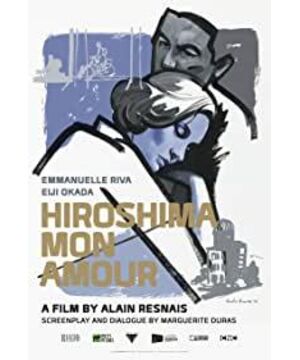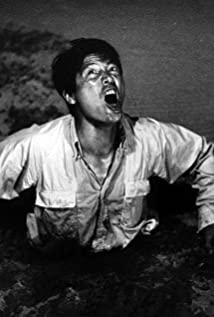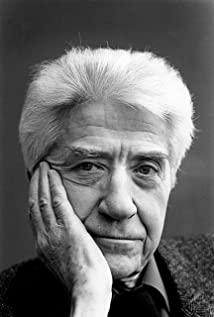"You didn't see anything in Hiroshima."
In the New Wave movement, the Left Bank, represented by Allen Renai, emphasized the understanding of people, the observation and thinking of society, and "Hiroshima Love" is such a unique writer's film. The story tells the love of a French actress and a Japanese architect who met in Hiroshima. However, the story does not fall into the stereotype of showing the story of the two after they met. Instead, this relationship involves a French actress's injury before the end of World War II. Painfully recalled, her love affair was as tragic as the destroyed Hiroshima, which showed the entanglement of personal destiny in the great era.
The film begins with two intertwined figures, and the dew on their skin gradually evolves into the dust of the city of Hiroshima. In their constant hugs and tears, everything the French actress saw in Hiroshima was superimposed—a few photos, some replicas, and living people. The treatment of overlapping personal emotions with historical memory is highly literary, and its intent is self-evident.
Neville and Hiroshima, two seemingly unrelated cities, are connected through such a love affair, thanks to the careful arrangement of Duras' play. The sense of form of Japanese men, French women, German soldiers, and the historical camp is also doomed to the tragedy of this love. And the reason why "Love of Hiroshima" is still loved after the passage of time is this tragic love that happened in a sad city.
Suffering is the destruction of individual life, and in Nietzsche's view it is only through this destruction that one can gain insight into the great, ever-growing vitality. The French woman tried to search for the dust of history in Hiroshima, but she was reminded of her past. When the Japanese architect she met became the German soldier of the year, and the time was set back to the eve of the end of World War II, she seemed to be in that cold In the cellar, people once again shaved her hair and paraded through the streets... It doesn't matter whether it's true or false, the man told her over and over again "You didn't see anything in Hiroshima", so far her memory of Hiroshima has long been obscured by her own. The past, covered by the love of men.
People’s obsessive praise for the love of Hiroshima, I think, is also because this emotion that started from satisfying desire was enlarged to the exchange of souls in such an era. Spirit and flesh found an opportunity to combine in Hiroshima, and they stared at each other indifferently, In the painful and soulful cries again and again, the sad city of Hiroshima is no longer some replica left behind.
"Hiroshima! Neville!"
"I saw the sun.
I saw my life, your tragic death.
My life goes on and your death goes on.
I saw everything. "
View more about Hiroshima Mon Amour reviews











